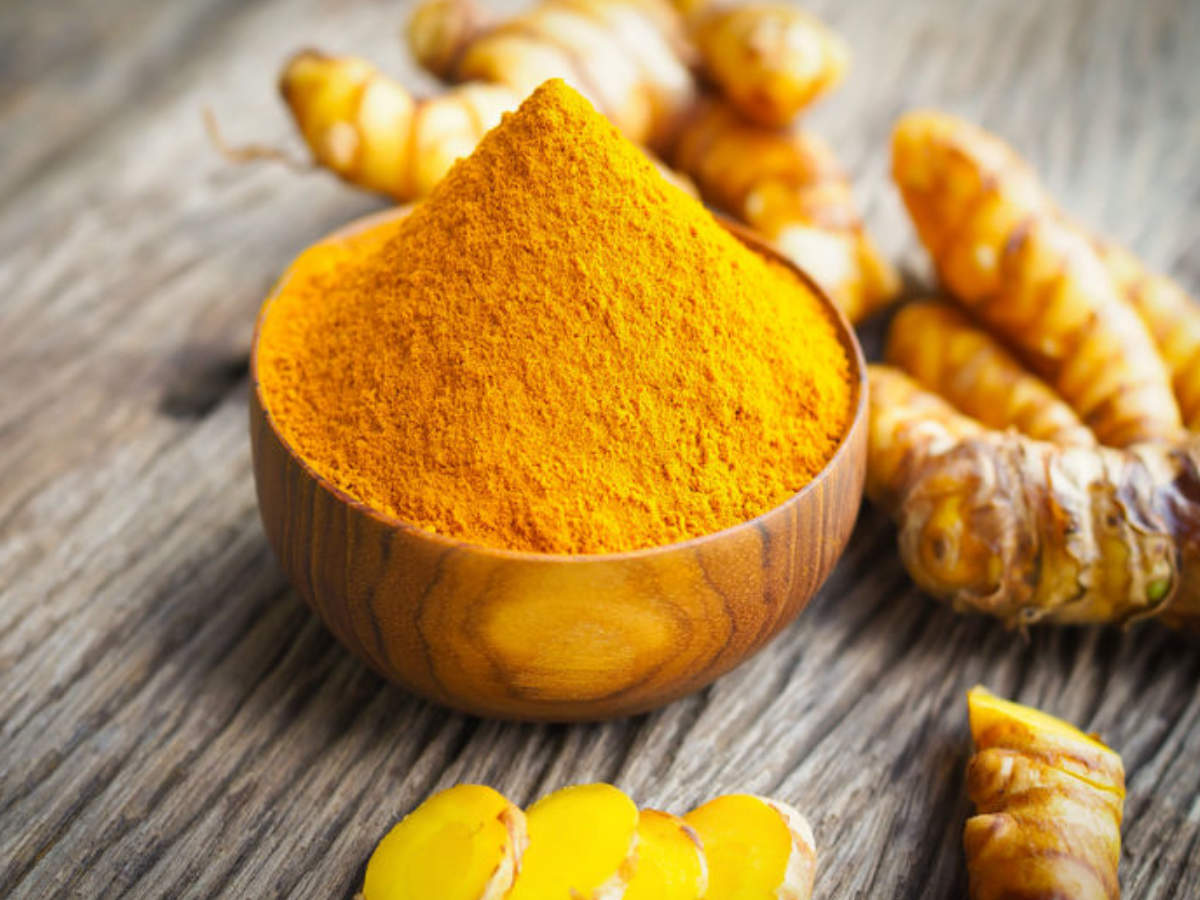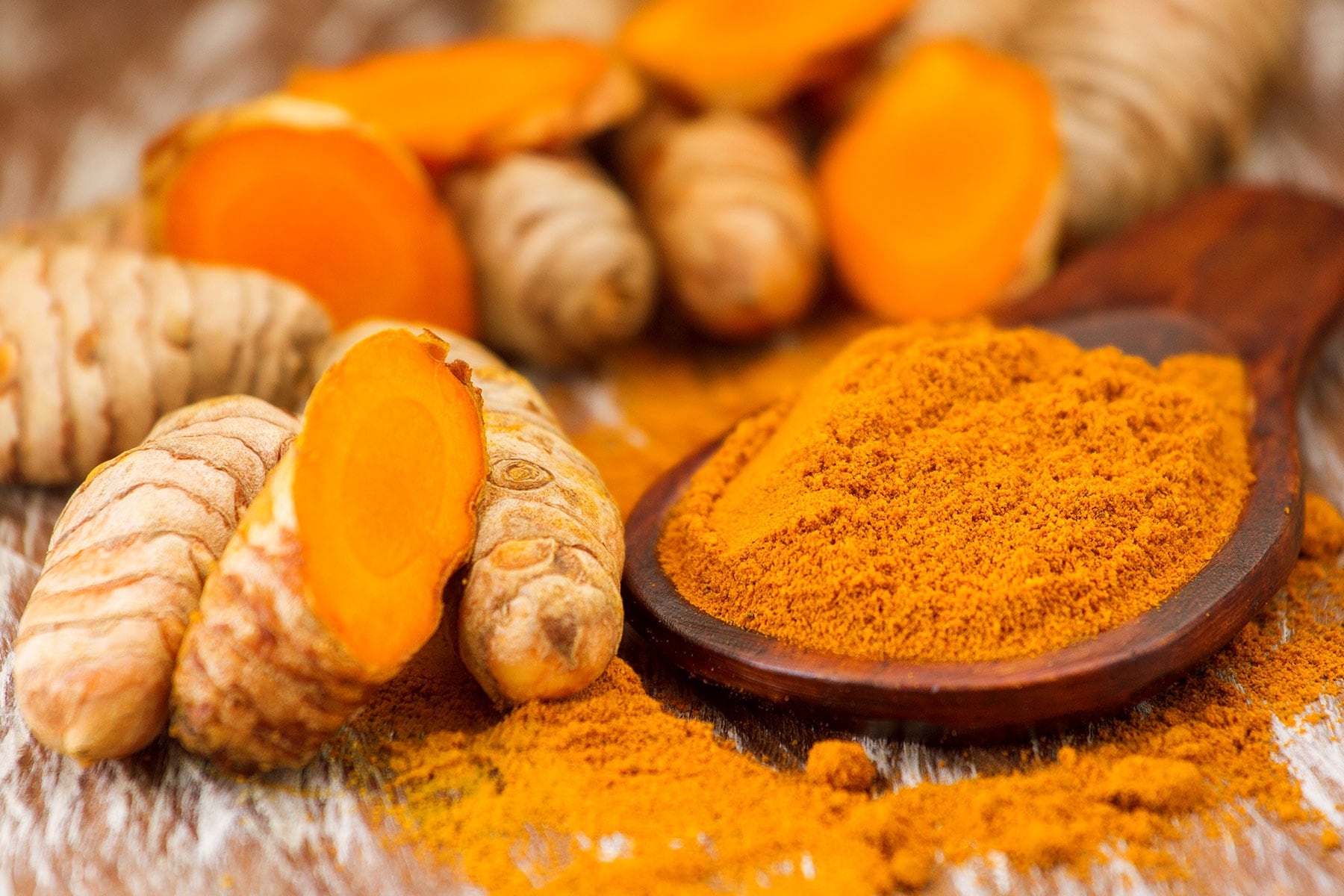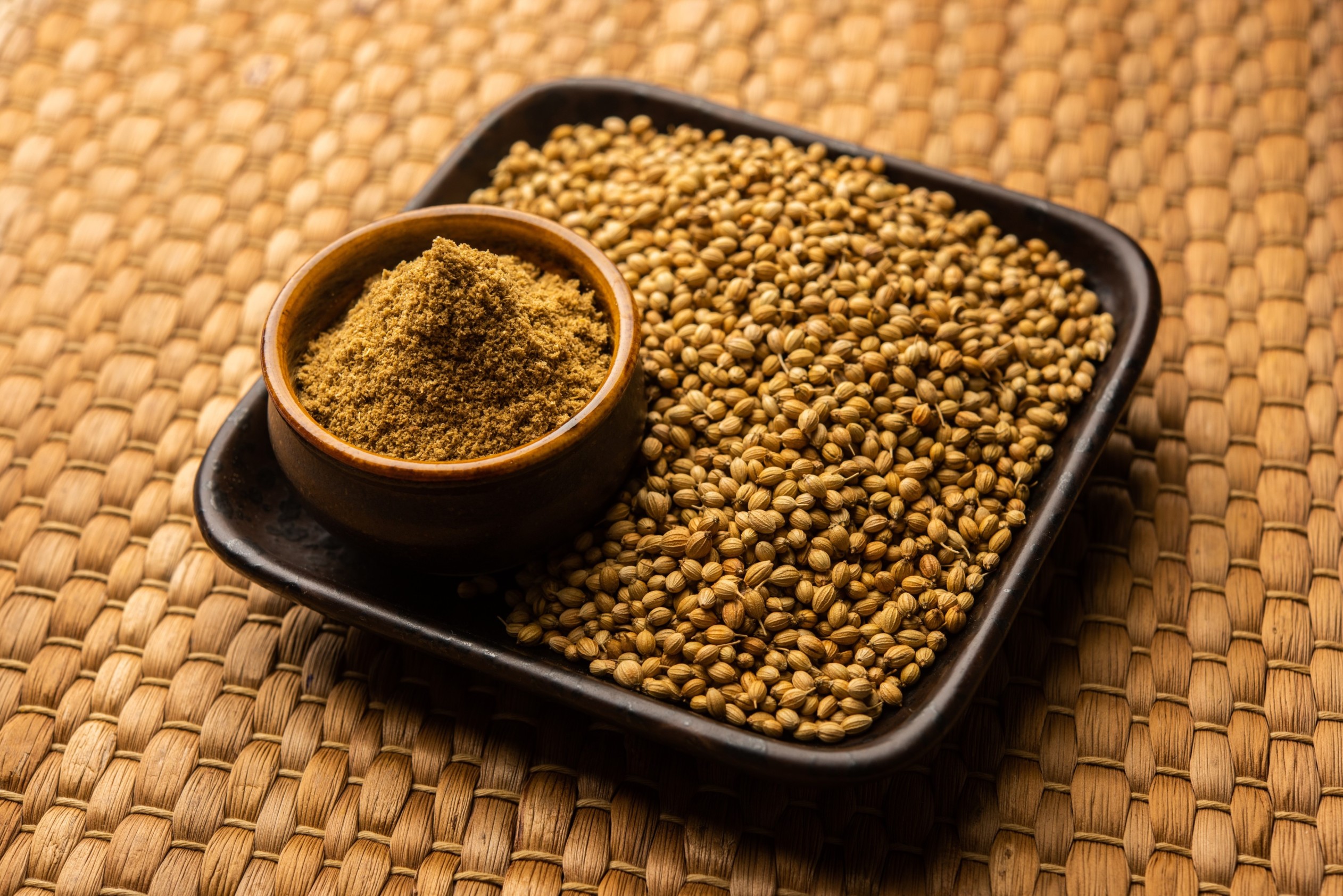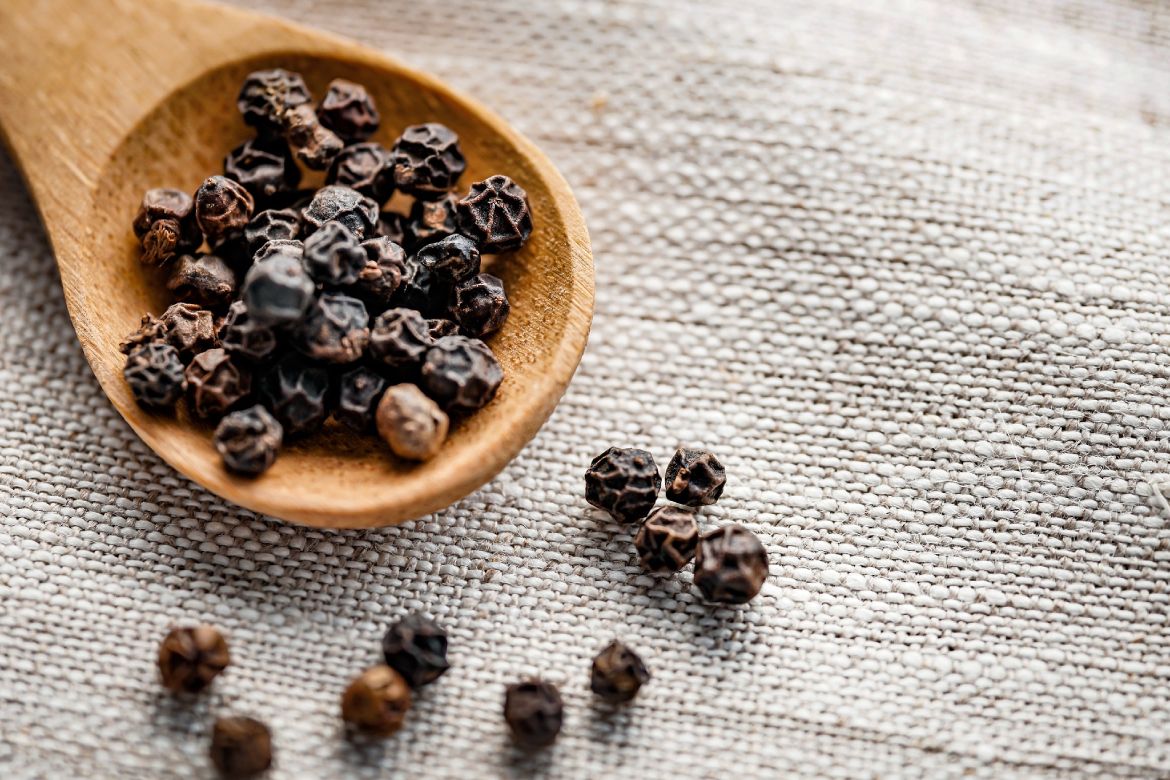Top 13 health benefits of Turmeric
Turmeric is a spice obtained from the turmeric plant. It is often seen in Asian cuisine. Turmeric is best known as the primary spice in curry. It has a warm, bitter flavour and is commonly used to flavour and colour curry powders, mustards, kinds of butter, and cheeses. Turmeric root, on the other hand, is frequently used to make medications. It includes curcumin, a yellow-coloured substance that is commonly used to colour foods and cosmetics. There are many turmeric benefits. Turmeric is widely used to treat pain and inflammation in diseases such as osteoarthritis. It’s also used to treat hay fever, depression, excessive cholesterol, a kind of liver illness, and itching. It was historically used in India to treat skin, upper respiratory tract, joints, and digestive system diseases.
Turmeric, a ginger family plant, is native to Southeast Asia and is grown commercially there, especially in India. Its rhizome (underground stem) is utilised in traditional medicine and as a culinary spice. Turmeric has long been utilised in Ayurveda and other traditional Indian medicinal systems and Eastern Asian medical systems like traditional Chinese medicine. Dont confuse Turmeric with the Javanese turmeric root or tree turmeric. Sometimes, don’t mix it up with zedoary or goldenseal, separate plants that are also frequently referred to as turmeric. Capsules, teas, powders, and extracts are a few turmeric products available commercially. One tablespoon (tbsp) of turmeric powder includes the following nutrients, according to the United States Department of Agriculture (USDA) National Nutrient Database

- 50% of daily Curcumin requirements
- 26% of daily manganese requirements
- 16% of the daily iron requirement
- 5% of your daily potassium
- 3% of your daily vitamin C
Here are the top 13 evidence-based turmeric benefits
Depression
Turmeric has several properties that could be beneficial to your health. Curcumin is the most well-known of them. Curcumin has the potential to alleviate depression and improve the efficacy of antidepressants, according to some scientists.
Type 2 Diabetes
Curcumin could be beneficial in preventing or treating type 2 diabetes since it can help combat inflammation and keep blood sugar levels stable. One study monitored 240 people with prediabetes for 9 months and discovered that taking a curcumin supplement reduced their chances of getting diabetes. Although research is ongoing, the majority of investigations have been conducted on animals rather than humans.

Infections caused by viruses
Next time when you’re feeling low due to the weather, try to make a cup of turmeric tea. Curcumin can aid in the battle against viruses such as herpes and the flu. (However, the majority of the study on this was conducted in a laboratory rather than on humans.) Keep in mind that turmeric contains just around 3% curcumin, and your body does not absorb curcumin properly, so a cup of tea every now and then will not be a panacea.
Premenstrual Syndrome (PMS)
Curcumin pills were shown to help relieve PMS symptoms in a recent research that tracked women for three menstrual cycles in a row. A research on guinea pig and rat muscles show that turmeric could also provide relief from menstrual cramps.
High Cholesterol
Turmeric’s potential to protect your ticker has been the subject of conflicting research. Some studies have indicated that turmeric can reduce LDL “bad” cholesterol, while others have found that it has no impact. Scientists are still researching turmeric’s heart-protective properties. One little research discovered that turmeric could assist patients who have had bypass surgery avoid heart attacks.
Alzheimer's disease
Alzheimer’s patients experience chronic inflammation, and turmeric appears to have natural anti-inflammatory properties. So, turmeric may also help with Alzheimer’s.
Arthritis
Turmeric has shown potential in relieving joint pain, stiffness, and inflammation. However, additional study is needed before turmeric becomes the go-to arthritis therapy. If you decide to try it for joint pain, consume your turmeric with black pepper to assist your body absorb natural curcumin.
Cancer
Turmeric has been shown in lab and animal tests to inhibit tumour cell development, improve the function of detoxification enzymes, and much more. Furthermore, there is a possibility that turmeric will interact with some chemotherapy medicines.
Irritable Bowel Syndrome (IBS)
Early studies, including a pilot trial with 207 humans and another involving animals, suggests that turmeric can help alleviate IBS symptoms such as abdominal pain. Turmeric is also being researched as a potential therapy for illnesses such as Crohn’s and ulcerative colitis.
Headaches
It’s no surprise that turmeric is advised as a headache cure, especially for migraines, given that its relative ginger is a well-known natural headache medicine. One research shows it could be part of a new approach.
Acne
Some people believe that applying a turmeric mask to their face or consuming turmeric would help them battle persistent pimples, possibly due to the spice’s antibacterial and anti-inflammatory qualities.
Pain relief
Turmeric is regarded as a pain reliever. Turmeric appears to be effective for pain management, and one research source found that it worked well with ibuprofen (Advil) in patients with knee arthritis. Though dosage recommendations vary, participants who took part in the study consumed 800 mg of turmeric in pill form every day.
Digestion
Turmeric enhances the taste of food, which explains its inclusion in curry powder. Turmeric, on the other hand, can aid in the digestion of that food. Due to its antioxidant and anti-inflammatory qualities, the spice can help with digestion. Turmeric is utilised as a digestive healing agent in Ayurvedic medicine.




